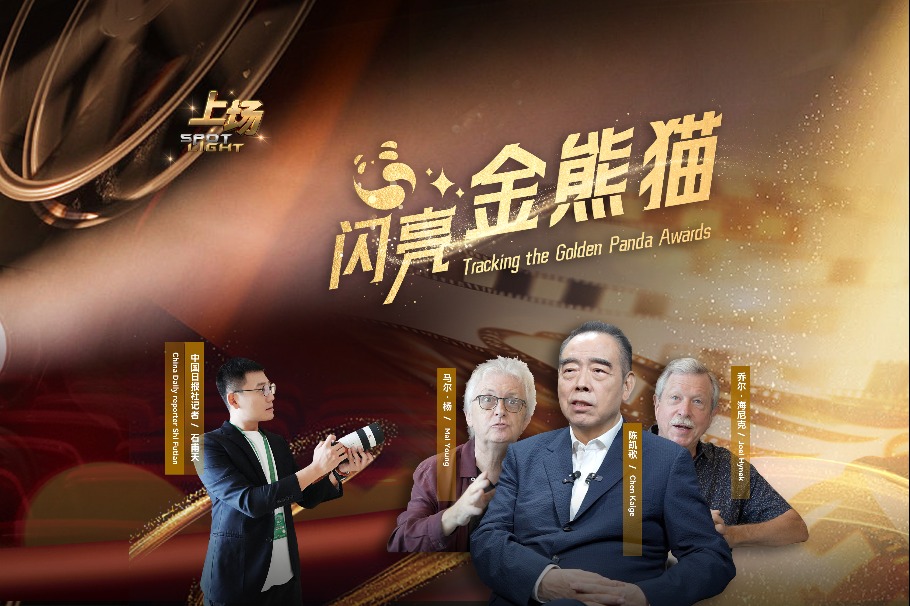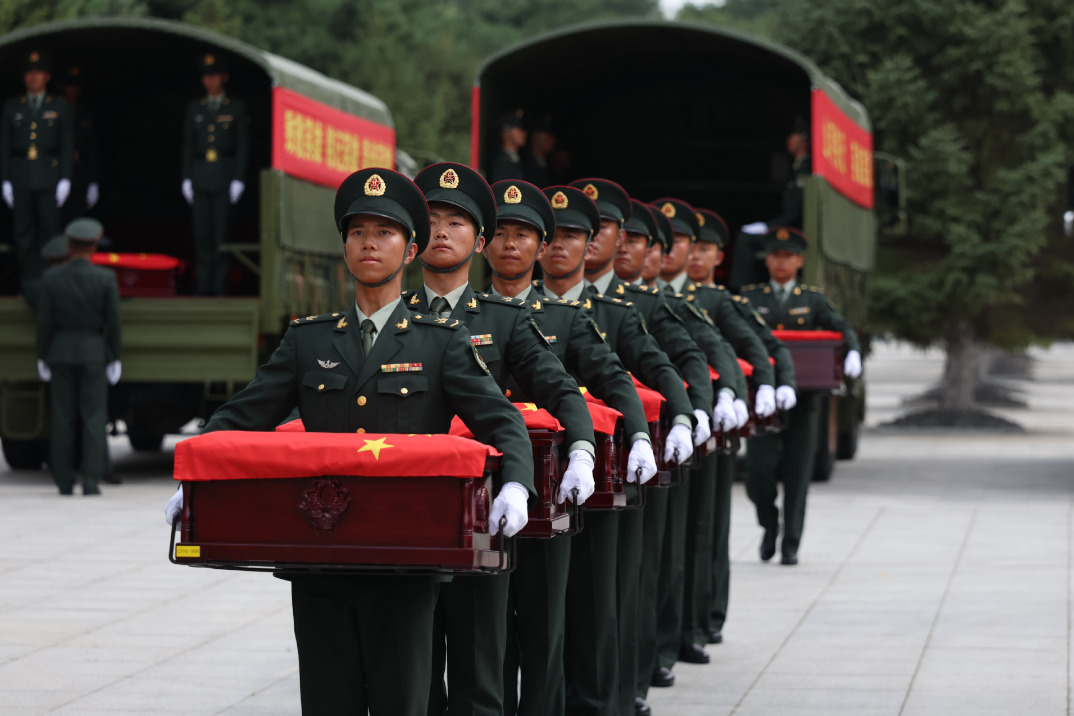High-level exchanges seen as positive
Japanese political figures' visits aim at expanding economic ties, experts say

The new round of high-level visits made by Japanese political figures to China in recent weeks are aimed at expanding and strengthening economic ties with Beijing to jointly mitigate risks caused by Washington's unilateral and protectionist practice, analysts have said.
They also viewed the visits as keeping the momentum of improving ties since the meeting between the two heads of state at the end of last year.
Led by Hiroshi Moriyama, chairman of the Japan-China Friendship Parliamentarians' Union and secretary-general of Japan's ruling Liberal Democratic Party, a group of Japanese parliamentary members are in China on a three-day visit starting from Sunday.
The visit came shortly after Komeito party leader Tetsuo Saito and his delegation's trip to China from April 22 to 24.
In an interview prior to his visit, Moriyama stated that the visiting delegation includes not only lawmakers from the ruling party but also representatives from opposition parties, reflecting a broad consensus within Japan's political circles on the importance of developing relations with China.
During Moriyama's stay in China, he met with Zhao Leji, chairman of the National People's Congress Standing Committee, on Tuesday.
The top legislator expressed willingness to adhere to win-win cooperation, and promote the steady and long-term development of bilateral relations along the right track.
The NPC is willing to carry out various forms of dialogue and exchanges with the National Diet, Japan's national legislature, and welcomes more frequent visits to China by friends from all walks of life in Japan, Zhao said.
Moriyama said the union is willing to work together with China to promote bilateral trade cooperation and people-to-people exchanges, and properly handle differences.
On Monday, he also met with Liu Jianchao, head of the International Department of the Communist Party of China Central Committee, and Yang Wanming, president of the Chinese People's Association for Friendship with Foreign Countries.
During the meetings, both sides expressed willingness to strengthen communication to build mutual trust and understanding, and pledged to jointly safeguard the global free trade system.
Da Zhigang, a researcher at the Heilongjiang Provincial Academy of Social Sciences' Institute of Northeast Asian Studies, said the visits came against the backdrop of the United States' aggressive tariff policies, which have disrupted global economic order.
Closer interactions between China and Japan can help consolidate strategic mutual benefit, promote breakthroughs in economic cooperation, and deal with US tariff pressures, Da said.
He noted that maintaining positive and active interaction between the two governments as well as interparty and civil exchanges aligns with the broader trend of strengthening the China-Japan strategic relationship of mutual benefit.
Despite many twists and turns in such a relationship, these active party-to-party exchanges, civil interactions, and parliamentary engagement have sent a signal and posture aimed at advancing people's feelings of friendship, which will help foster widespread positive sentiment and closeness across all groups, he said.
Unifying regional nations
Both China and Japan are emphasizing the importance of multilateralism and regional collaboration, particularly in Southeast Asia, he said, adding the two sides realize the need to unify more regional countries to uphold multilateral cooperation and counter the negative effects of US tariffs.
Xiang Haoyu, a distinguished research fellow in the Department for Asia-Pacific Studies at the China Institute of International Studies, said that under US tariffs, stabilizing and improving relations with China has gradually become a rising demand within Japan's domestic political agenda.
In this context, politicians friendly to China and China experts in Japan have stepped forward actively to play their roles, Xiang said.
The recent high-level visits by Japanese politicians to China signal an intention to enhance bilateral relations, but do not necessarily indicate a fundamental shift in Japan's strategic orientation or its policies toward China, Xiang noted.
The underlying issues — political and security mistrust, weakened economic cooperation, and fragile public sentiment — have been responsible for the strained bilateral ties, he said.
These issues cannot be solved overnight, he said, adding that both sides must maintain communication and exchanges at various levels and in various fields.
Sound high-level interactions could guide and lead to easing of the atmosphere between the two countries, which in turn, will help to slowly enhance mutual understanding and trust, he said.
Today's Top News
- Brazilian envoy: Ne Zha 2 wins global hearts
- China launches anti-dumping probe into certain US analog IC chips
- China pays its respects to 30 war martyrs
- Nation honors fallen soldiers returned from South Korea
- Equal consultation with mutual respect right way to settle TikTok issue
- Aid program must return to its roots






























